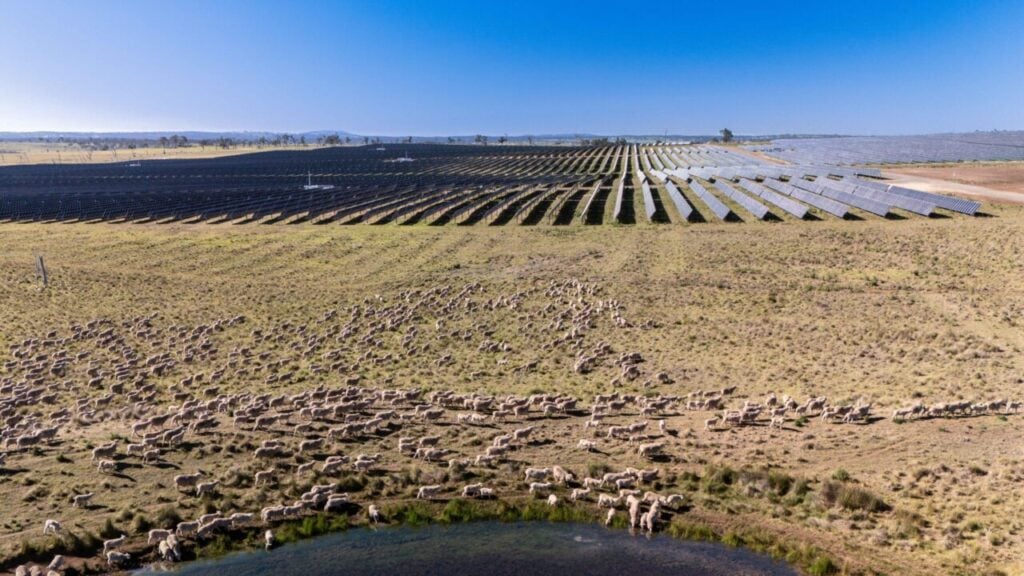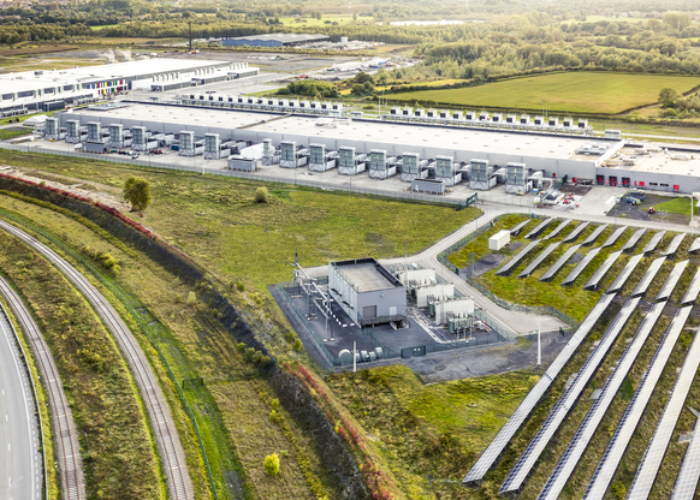
A 10-year solar-based power purchase agreement (PPA) will play an integral role in a new tri-party deal that will see industrial gas supplier BOC Australia replace 45% of its grid power needs with solar-derived renewable energy.
The tri-party agreement, signed between BOC Australia, ACEN Australia, and ZEN Energy, will seek to decarbonise BOC Australia’s, a subsidiary of gas and engineering giant Linde, operations along the east coast of Australia, in the states of Queensland, New South Wales and Victoria.
Try Premium for just $1
- Full premium access for the first month at only $1
- Converts to an annual rate after 30 days unless cancelled
- Cancel anytime during the trial period
Premium Benefits
- Expert industry analysis and interviews
- Digital access to PV Tech Power journal
- Exclusive event discounts
Or get the full Premium subscription right away
Or continue reading this article for free
Under the terms of the deal, ACEN Australia will supply around 45% of BOC’s energy needs on the eastern seaboard through an Electricity Retail Agreement until 2035.
This hinges on the 10-year PPA signed between Adelaide-headquartered renewable energy developer ZEN Energy and ACEN Australia. This will allow ZEN Energy to secure 23% of the energy generated from ACEN Australia’s 400MW New England stage one solar PV power plant in New South Wales.
Anthony Garnaut, CEO of ZEN Energy, said the deal will help generate lower-carbon industrial gases at a competitive price and showcase the opportunity to transition to renewable energy at scale.
“This is the transition to renewable energy in action and at scale. Such big steps forward for industry sustainability and emissions reduction would not be possible unless a genuine partnership between BOC, ACEN Australia and ZEN was involved,” Garnaut said.
Linde, the owner of BOC Australia, aims to reduce its global emissions by 35% by 2035. Theo Martin, CEO of BOC Australia, believes the deal will directly impact this, particularly in reducing Scope Two emissions.
“In addition to lowering BOC’s emissions in Australia, it will also help our customers become more efficient and decarbonise their operations by supplying industrial gases which have a lower carbon intensity at a competitive price,” Martin added.
ACEN Australia’s New England solar PV plant
The first phase of the New England solar PV plant, with a generation capacity of 400MW, started operations in March 2023 and features around one million solar PV modules.
The second stage will add 320MW and will come online in 2026. The project’s first stage already supplies energy to Japanese-owned drinks company Asahi Beverages and not-for-profit care company BaptistCare via a power purchase agreement inked in July 2024.
In the first stage of the New England project, a 400MWh BESS will be co-located with a solar power plant. Construction of the BESS began earlier this year. ACEN has approval for a total of 1,400MW/2,800MWh of energy storage for the project.
The project is located within the New England Renewable Energy Zone (REZ) and near another solar-plus-storage proposal the developer is pursuing. The proposed 320MW Deeargee solar PV power plant will be located 12km southeast of the township of Uralla and around 5km south of the New England site.






